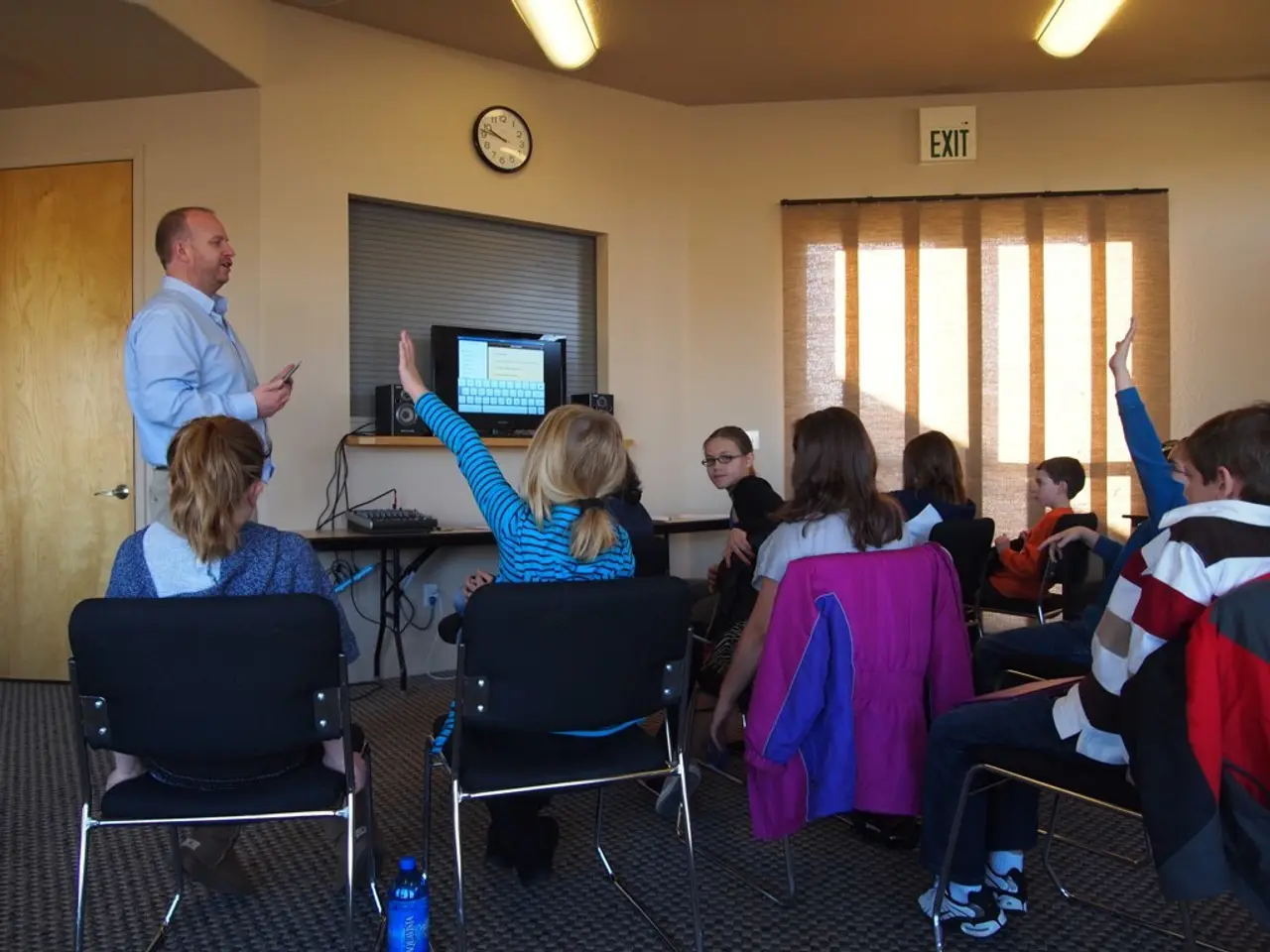Söder's Part-Time Work Restrictions Spark Teacher Union Backlash
Bavarian Minister President Markus Söder is facing backlash from teacher unions and his coalition partner over plans to limit part-time work for civil servants, particularly teachers. The move, expected in the fall of 2025, aims to increase the minimum work hours from 8 to 12 per week for those with children under 15. Around 46 percent of civil servant teachers in Bavaria currently work part-time, with a higher proportion among women.
Söder's plans have been met with strong criticism. The Bavarian Teachers' and Teachers' Association (BLLV) warns of losing more full-time capacities due to limited serviceability and health issues. Teacher unions feel betrayed and slapped in the face, as part-time teachers recently increased their hours voluntarily, encouraged by Cultural Minister Anna Stolz. Verdi, the regional union, sees the plans as an attack on democracy that could endanger trust in the entire system.
The coalition partner, Free Voters, also expresses skepticism. Their faction leader suggests they may need to reconsider the plans in the faction and coalition committee. Teacher associations warn that Söder's plans could make the teaching profession less attractive, potentially forcing teachers to take full leave for childcare. For 'application part-time', Söder plans to prescribe up to 50 percent work.
Söder's proposed restrictions on part-time work for teachers have sparked controversy and concern. With the presentation of the law expected in the fall of 2025, the debate continues, with teacher unions, the regional union, and the coalition partner all voicing their reservations. The impact on the teaching profession and the attractiveness of the job remains a key concern.
Read also:
- Overcoming Yielding Regulations Hurdles in Indian Export Sector for EU Markets
- Palisades Fire Threatens UCLA Neighborhoods, Resident Proposes Rezoning
- Maximizing Business Agility and Efficiency through Hybrid Cloud: Unveiling the Advantages
- Shaping production and consumption tendencies via cosmetic certification






